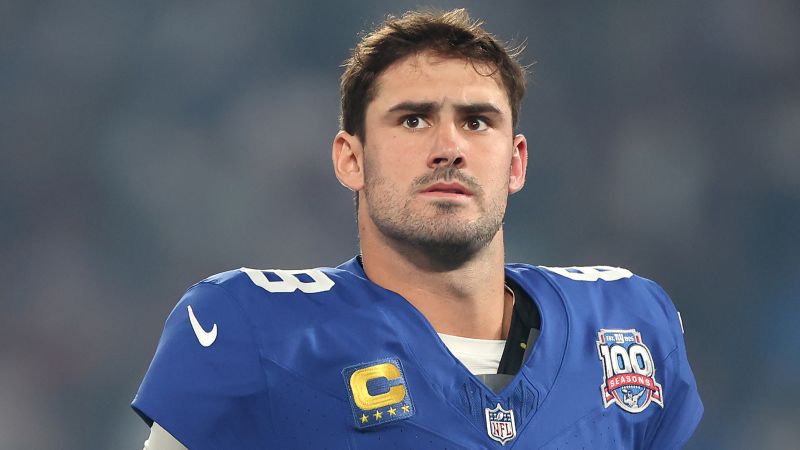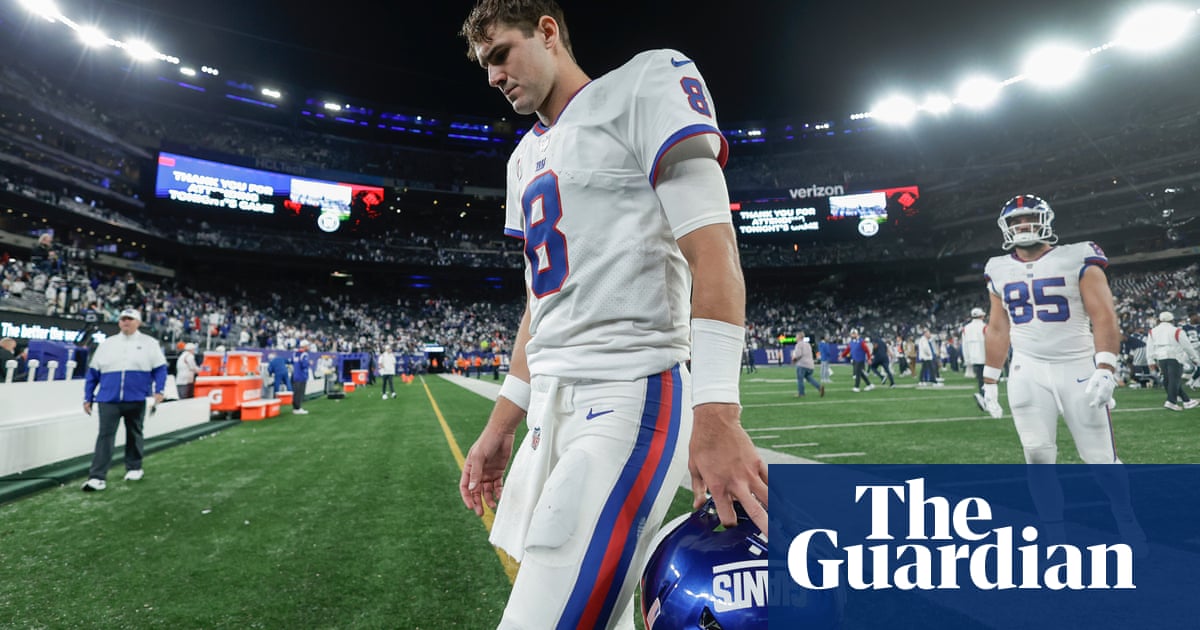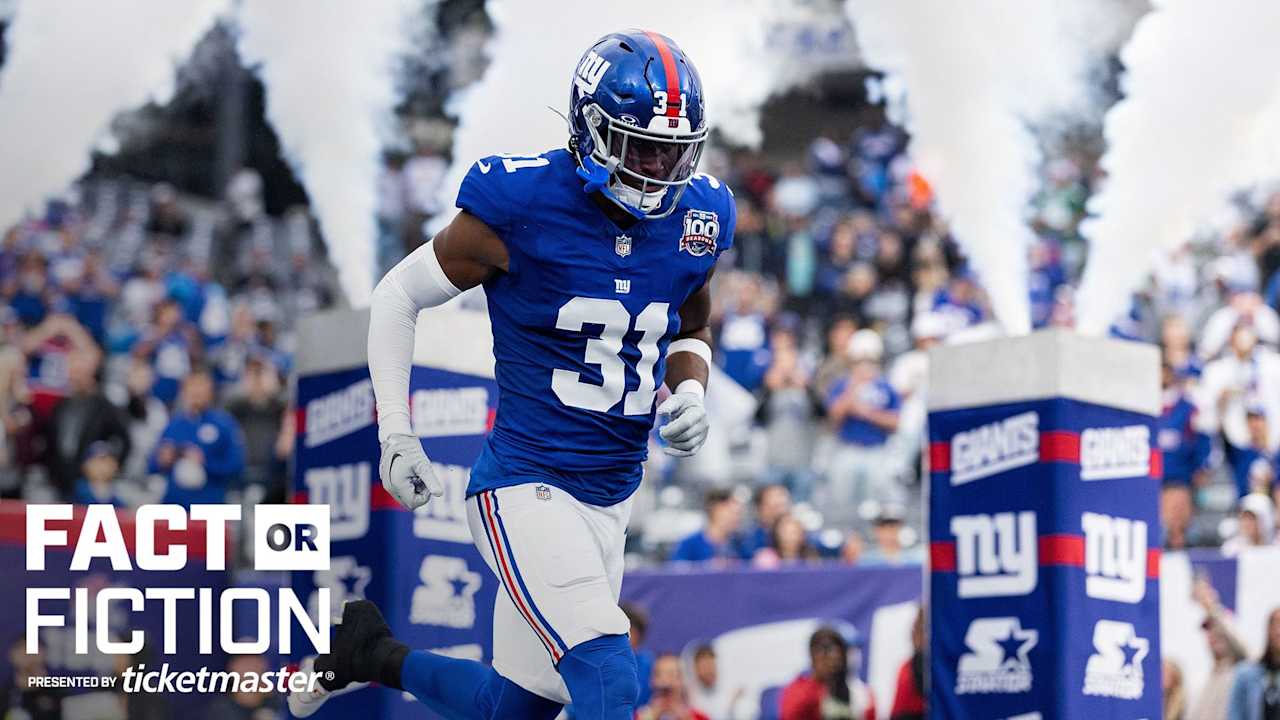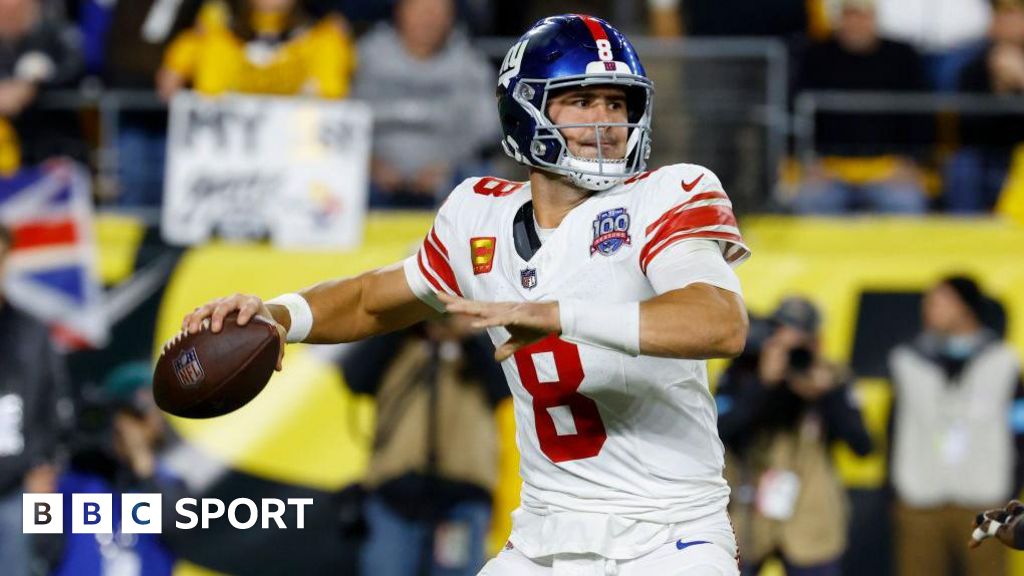NBA
Fare thee well to legendary hoops star and Dead Head Bill Walton

The voice on the other end of the phone was distinct and it was familiar. It was Bill Walton and he was calling from Big Sur.
“The message was that you wanted to talk about Coach Wooden,” Bill Walton said. “I’ll call from the end of the earth to talk about Coach Wooden.”
And you know, he would. If there was one word to describe Bill Walton — who died Monday of cancer at age 71 — it would be “authentic.” He was who he was and he did what he did and he believed what he believed, and depending on your view of the world, you could find that delightful or dyspeptic. He didn’t care.
“The thing is people think it was amazing that Coach Wooden and I got along so well,” Walton told me that day in 2005. “It wasn’t amazing at all. He wanted what I wanted. He wanted to win. And he wanted every player on the team to have a hand in that win.”
He laughed.
“And that,” he said, “was just beautiful, brother.”
Walton, in truth, may have been the most selfless superstar ever, and played on teams that embody the most basic and pure spirit of the game. At UCLA, under Wooden, the Bruins won the first 73 games Walton ever played, the last of the 88-game winning streak that still stands as a record. Walton was the centerpiece of those teams that won two national championships but he wasn’t the only piece — he played alongside 10 other players who would play in the NBA.
“When I played they said I was moody,” Walton said. “But what put me in a bad mood was that people only wanted to talk to me and meanwhile Jamaal Wilkes is right here and he’s great, and so is Dave Meyers, and Swen Nater.”
Later, he would lead the Portland Trail Blazers to maybe the most feel-good championship the NBA has ever seen. Walton led a cast of committed role players and teamed with tough guy Mo Lucas and stormed through the West, then spotted the Sixers two games in the Finals before roaring back and winning four straight for the title. Eight Blazers averaged between 8 and 20 points. It was team basketball taken to an almost mythical level.
And the Blazers were even better the next year, sitting at 50-10, when Walton’s career took a fateful turn when he hurt his foot. Before long Walton’s relationship with the team was splintered, and he spent years playing hurt for his hometown San Diego Clippers. Then a phone call from Red Auerbach rewrote what could have been a terrible ending to a beautiful basketball story. He asked Walton if he’d be willing to take a small but significant role with the Celtics.
“I told Red, ‘I’ll walk to Boston to play with Larry Bird,’ ” Walton said. “Even though I wasn’t sure I could walk from my living room to my patio.”
Those ’86 Celtics were the last piece of the Walton Troika, a master class of teamwork and fellowship and Walton wound up an essential part of it: 19.3 minutes and enough of the old magic that he won Sixth Man of the Year and the Celtics raised their 16th banner.
After basketball Walton earned a place in our conscience as a basketball announcer who only periodically commented on the action in front of him and would often compare every team he saw through the prism of his old UCLA teams. He wasn’t for everyone. But if you were in on the joke (that really wasn’t a joke at all to him) it would make it worthwhile to stay up late.
He was also perhaps the world’s foremost authority on the Grateful Dead, and so it feels right to end this with a Dead song that seems sadly and compellingly appropriate:
“Fare thee well now / Let your life proceed by its own design
“Nothing to tell now/ Let the words be yours, I’m done with mine.”









